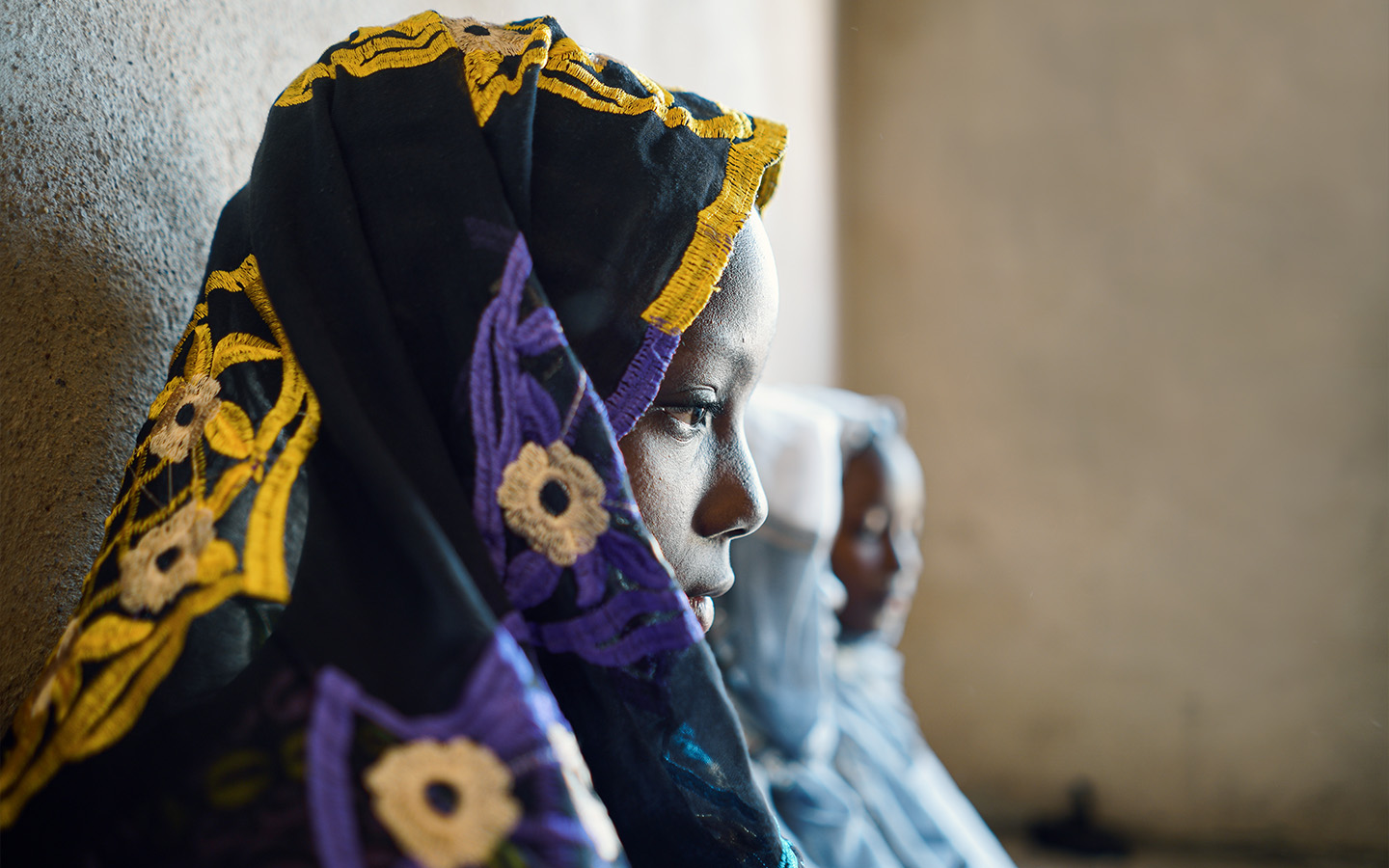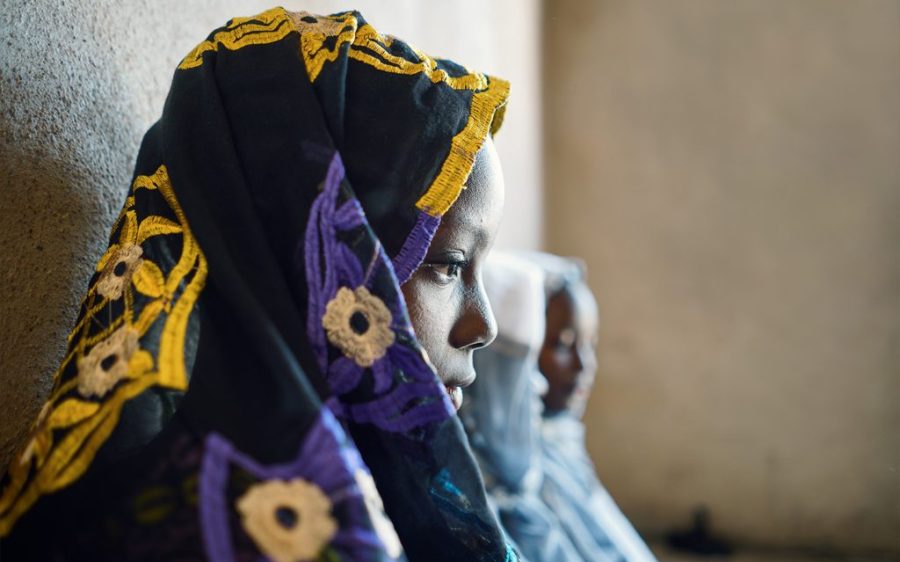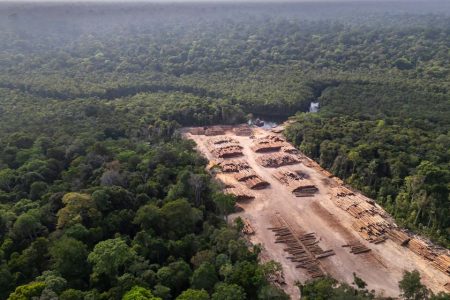As insurgent attacks grow more frequent in Mozambique’s beleaguered northern province of Cabo Delago, abductions of children are also ramping up warns Human Rights Watch (HRW).
HRW joins a growing chorus of concern, echoing reports from national civil society groups and the United Nations Children’s Fund (UNICEF) that such kidnappings are on the rise. The Islamic State-affiliated group, known locally as al-Shabaab (although it has no links to the Somali al-Shabaab), is reportedly behind the new wave of abductions.
Children taken by the group are used for transporting looted goods, forced labour, forced marriages and taking part in the fighting. Abudo Gafuro, executive director at Kwendeleya, a national organisation that monitors attacks and provides support to victims, told HRW, “In recent days, 120 or more children have been abducted.”
While some of the children taken since January have been released, others remain missing and those returned to their communities often struggle with reintegration. “The surge in abductions of children in Cabo Delgado adds to the horrors of Mozambique’s conflict,” said Ashwanee Budoo-Scholtz, deputy Africa director at Human Rights Watch.
Al-Shabaab abducted seven children – four girls and three boys – on 23 January attack on the village of Mumu, in Mocímboa da Praia district. Two children were released in the insurgent group’s subsequent retreat, but five remain missing. In March, al- Shabaab took six children in Chibau to carry goods looted from the village, releasing four the next day. On 3 May, the armed group abducted a girl in Ntotwe, Mocímboa da Praia district.
Just over a week later, they kidnapped eight children – six girls and two boys – near the village of Magaia in Muidumbe district. Another three girls died in the same attack, the youngest just 12 years old.
[See more: New wave of insurgent attacks targets Mozambican conservation area]
When al-Shabaab fighters “enter or attack certain areas, they tend to abduct children,” Augusta Iaquite, coordinator at the Association of Women in Legal Careers in Cabo Delgado, told HRW. “They take them to train them and later turn them into their own fighters.”
For the children who do return, there are few resources available to help them reintegrate into their communities. “The country needs a clear strategy on what to do when a child, especially one that has been rescued, returns,” said Benilde Nhalivilo, executive director at the Civil Society Forum for Children’s Rights.
Civil society organisations have called on the government to fulfil the country’s obligations under domestic and international law to protect the nation’s children, citing the protections outlined in the constitution, the 2008 Law for the Promotion and Protection of Children’s Rights, as well as two UN conventions and the African Charter on the Rights and Welfare of Children.
Human Rights Watch urged Mozambican authorities to seek to prevent further abductions, investigate existing cases and fairly prosecute those responsible, and ensure proper support for victims. Rescued children should receive medical care, psychosocial assistance, and reintegration mechanisms that provide for their protection and well-being.
“Mozambique’s government needs to take concrete actions to safeguard children and prevent armed groups from using them as tools of conflict,” Budoo-Scholtz, the HRW deputy Africa director, emphasised. “There is a need to ensure that there are robust reintegration measures so that the children are not further ostracized when they come back to the community.”






